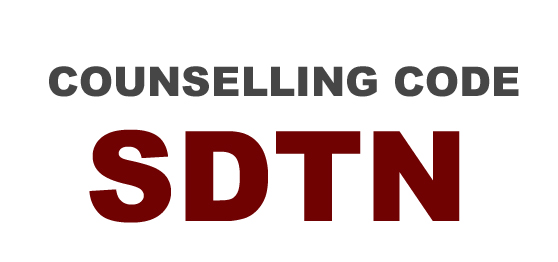
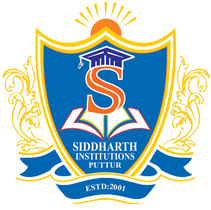

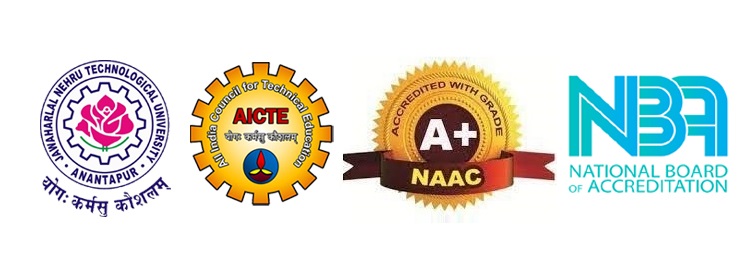








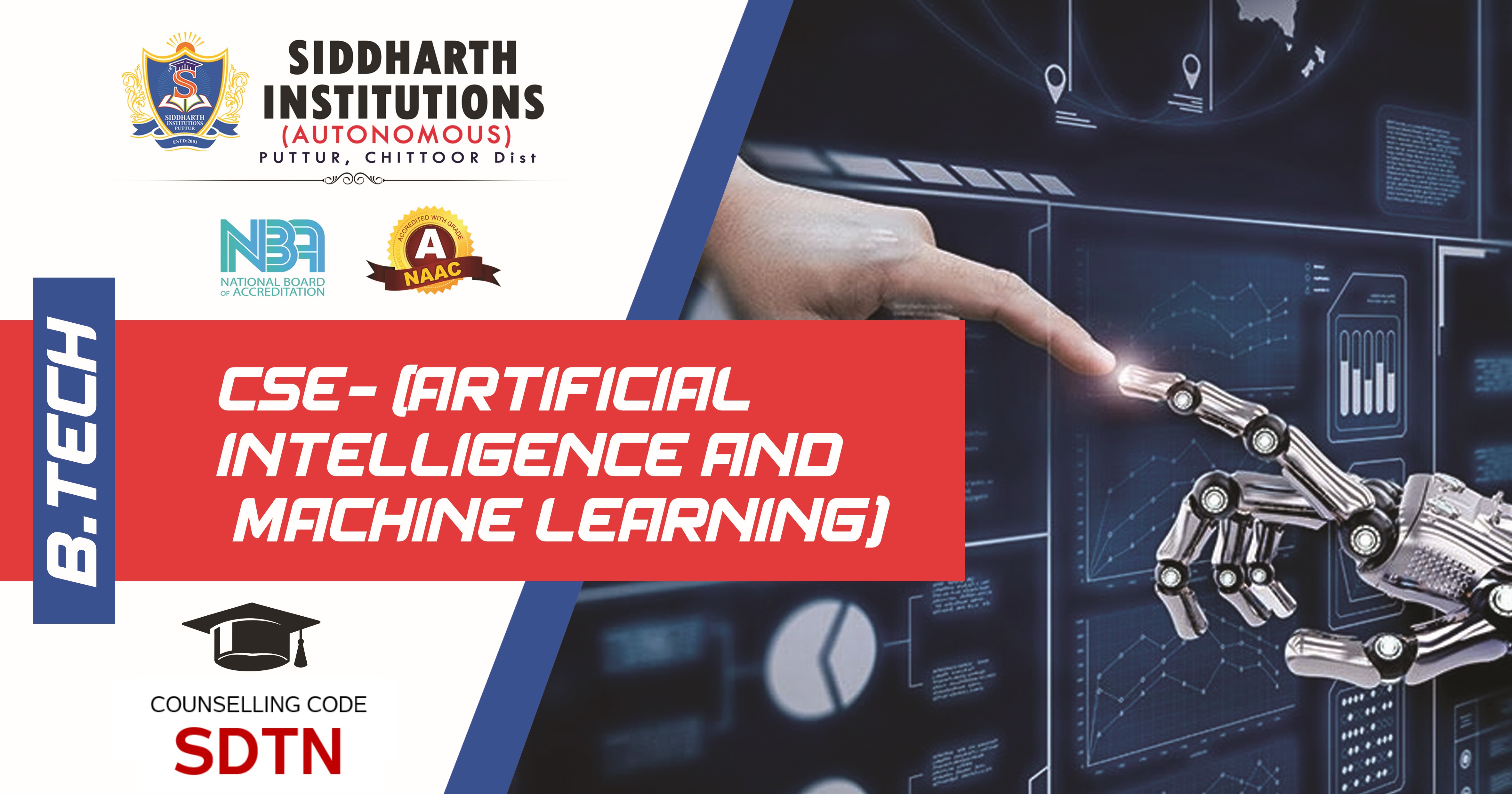
The Department of Computer Science and Engineering (CSE) was established in the year 2001 with a vision to provide a place for Innovation, Scientific Discovery and New Technology, to evolve as a Centre of Excellence in Research and Learning, Integrating Computer and Information Sciences with Natural Sciences and Basic Engineering.
The Department was started with UG programme B.Tech (Computer Science & Engineering) with an Initial intake of 60 . By the explorative growth of Computer Science and by Globalization of Economies, the rise in demand for computing professionals in all disciplines was imperative. So the department increased the intake and developed new courses with industry-relevant curriculum to cater the imminent need.
Courses offered by the department are
| COURSE | INTAKE | YEAR STARTED |
|---|---|---|
| B.Tech - Computer Science and Engineering | 240 | 2001 |
| B.Tech - CSE (Artificial Intelligence and Machine Learning ) | 180 | 2020 |
| B.Tech - CSE (Artificial Intelligence and Data Science) | 180 | 2021 |
| B.Tech- CSE with Specialization in Cloud Computing | 120 | 2021 |
| B.Tech- CSE (Internet of Things and Cyber security with Blockchain Technology) | 60 | 2020 |
| B.Tech- CSE (Artificial Intelligence) | 60 | 2022 |
| M.Tech (Computer Science and Engineering) | 18 | 2009 |
| DIPLOMA (Computer Science and Engineering - DCME) | 60 | 2023 |
The Department is constantly updating the curriculum of the students every academic year, new courses are framed in consultation with experts in industry and academia and imbibed into the curriculum to prepare the students as industry-ready professionals
The Department is committed towards upgrading the faculty and students for current and emerging trends in technology. Events such as Workshops, Seminars, Faculty Development Programmes and Conferences are conducted by the Department every academic year to pace up with the updating Technologies.
The Department is collaborated with IIT Tirupati for mentorship programme, and faculty are working together in Framing curriculum, Research projects, and other outreach programmes.
The Department is having excellent infrastructure with all class rooms enabled with ICT facilities ,State of art Laboratories, Seminar hall with 500 seating capacity etc. The Department has signed MoU’s with various industry to bridge the gap between academia and industry and has established Centers for excellence. The state of the art Laboratories help the students in learning and completing the advanced certification courses.
The Department is accredited by the National Board of Accreditation(NBA), New Delhi in 2013, re-accredited in 2016 and 2019 for three years.
The Alumni of the department are placed in top positions in both academia and industry and constantly pay a visit to the department for motivating the students in the skills required.
To produce innovative, qualified, and elegant technocrats who will provide global services.
To employ qualified faculty, and state of the art resources, innovatively to produce world class technocrats.
The Program Educational Objectives of the Computer Science & Engineering are:
PEO1: Graduates with basic and advanced knowledge in science, mathematics, computer science and allied engineering, capable of analyzing, design and development of solutions for real life problems.The following are the program outcomes of Engineering Graduates:
PO1: Engineering knowledge: Apply the knowledge of mathematics, science, engineering fundamentals, and an engineering specialization to the solution of complex engineering problems.The following are the Program Specific Outcomes of Engineering Graduate:
PSO1: Mobile Apps: Ability to design, develop and deploy mobile applications in Windows/ Google / Mac Apps Stores.
A good teacher can inspire hope, ignite the imagination, and instill a love of learning
| S.No | Name of the Faculty | Designation | Date of Joining | Qualification | Nature of Association | Profiles |
|---|---|---|---|---|---|---|
| 1 | M Manivanan | Assistant Professor | 11-07-2022 | M.E. | Regular | Profile |
| 2 | N R Sumathi | Assistant Professor | 01-07-2019 | M.Tech. | Regular | Profile |
| 3 | K Vijay Kumar | Assistant Professor | 19-08-2021 | M.Tech. | Regular | Profile |
| 4 | G Mahesh | Assistant Professor | 01-06-2022 | M.E. | Regular | Profile |
| 5 | PV Narayana Chowdary | Assistant Professor | 02/06/2022 | M.E. | Regular | Profile |
| 6 | D Charini | Assistant Professor | 03/06/2022 | M.Tech. | Regular | Profile |
| 7 | M Amudha | Assistant Professor | 11/07/2022 | M.Tech. | Regular | Profile |
| 8 | P Mohan | Assistant Professor | 11/07/2022 | M.Tech. | Regular | Profile |
| 9 | B Hima bindu | Assistant Professor | 25/07/2022 | M.Tech. | Regular | Profile |
| 10 | V M Yamini | Assistant Professor | 01/08/2022 | M.Tech. | Regular | Profile |
| 11 | V.M Vinayagam | Assistant Professor | 02/01/2023 | M.E. | Regular | Profile |
| 12/td> | P Prabhakar | Assistant Professor | 01/07/2023 | M.Tech. | Regular | Profile |
| 13 | K Revathi | Assistant Professor | 01/07/2023 | M.Tech. | Regular | Profile |
| 14 | K Mahalakshmi | Assistant Professor | 01/07/2023 | M.Tech. | Regular | Profile |
| 15 | B Dilli Babu | Assistant Professor | 01/07/2023 | M.Tech. | Regular | Profile |
| 16 | P Govindaiah | Assistant Professor | 01/06/2024 | M.Tech. | Regular | Profile |
| 17 | DD Jagadeesh | Assistant Professor | 01/07/2024 | M.Tech. | Regular | Profile |
| 18 | J Vaishnavi | Assistant Professor | 01/07/2024 | M.Tech. | Regular | Profile |
| 19 | P Sukanya | Assistant Professor | 01/08/2024 | M.Tech. | Regular | Profile |
| 20 | Shilpa S | Assistant Professor | 01/08/2024 | M.E. | Regular | Profile |
| 21 | Kuruma Purnima | Assistant Professor | 01/08/2024 | M.Tech. | Regular | Profile |
| 22 | V Hanumatha rao | Assistant Professor | 19/08/2024 | M.Tech. | Regular | Profile |
| CSE- Artificial Intelligence and Machine Learning (CSM) | |||
|---|---|---|---|
| S.NO | Room No | Class Name | Facilities |
| 1 | AUD-204 | UG Class Room | LCD Multimedia Projector, Wi-Fi |
| 2 | AUD-205 | UG Class Room | LCD Multimedia Projector, Wi-Fi |
| 3 | AUD-206 | UG Class Room | LCD Multimedia Projector, Wi-Fi |
| 4 | AUD-304 | UG Class Room | LCD Multimedia Projector, Wi-Fi |
| 5 | AUD-305 | UG Class Room | LCD Multimedia Projector, Wi-Fi |
| 6 | AUD-306 | UG Class Room | LCD Multimedia Projector, Wi-Fi |
| 7 | UG Class Room | LCD Multimedia Projector, Wi-Fi |
| No.of Class Rooms | 7 |
|---|---|
| No.of Labs | 9 (with 640 systems) |
| HOD Room | 01 |
| HOD Office Room | 01 |
| Staff Rooms | 02 |
| Department Library | 01 |
| CSE-Seminar Hall | 400 capacity (Fully Air Conditioned Seminar Hall, Equipped with ICT tools) |
| Group Discussion Room | 01 |
| Internet Speed | 1Gbps (24x7 Internet facility avilable & Wi-fi Campus) |
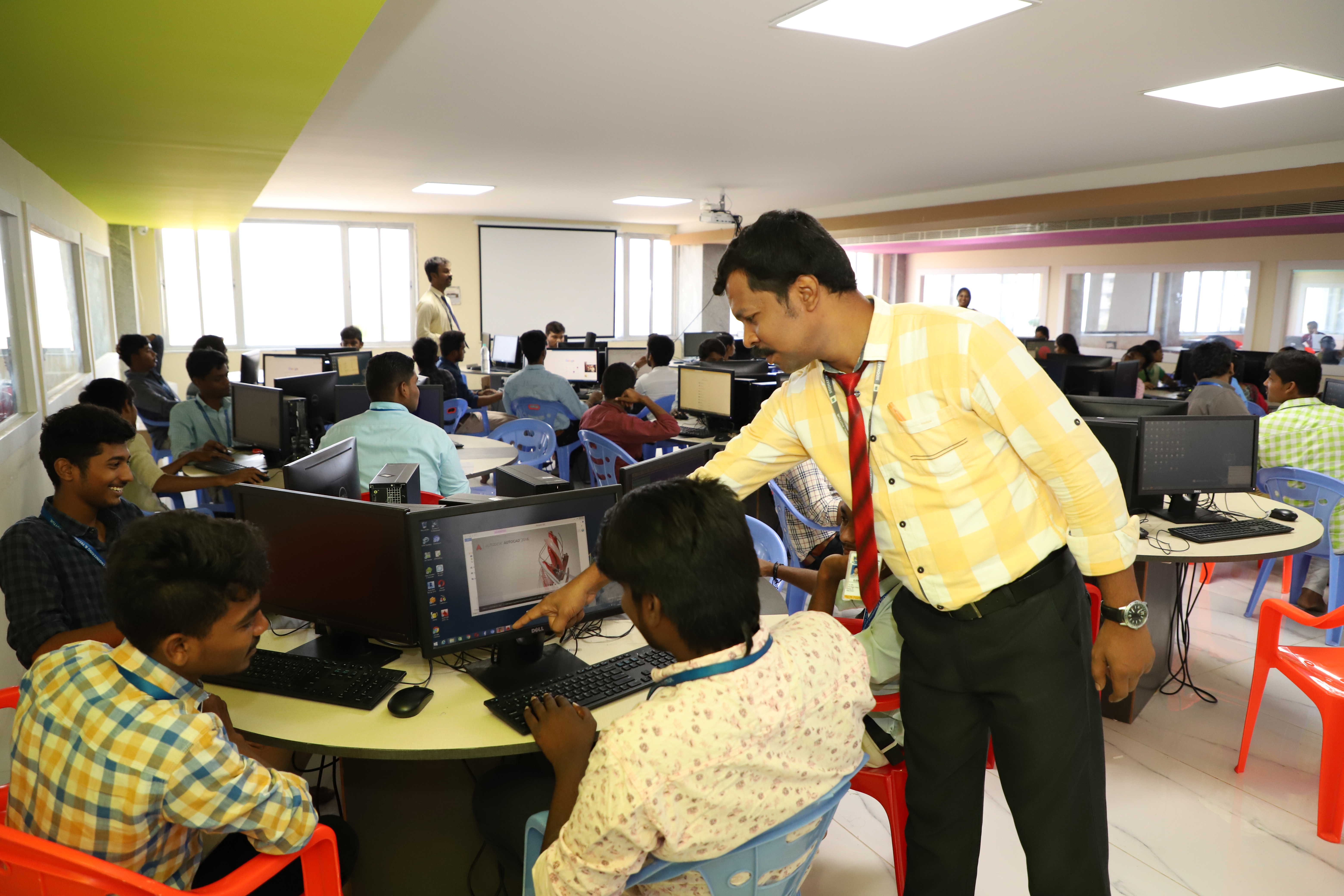
The objective of this lab are to make the student to learn programming languages such as C++&JAVA. Students get trained in IBM Rational Rose for Object Oriented Analysis and Design(OOAD). Students are also trained in Design Patterns with IBM Rational Rose to solve design problems of the software development.
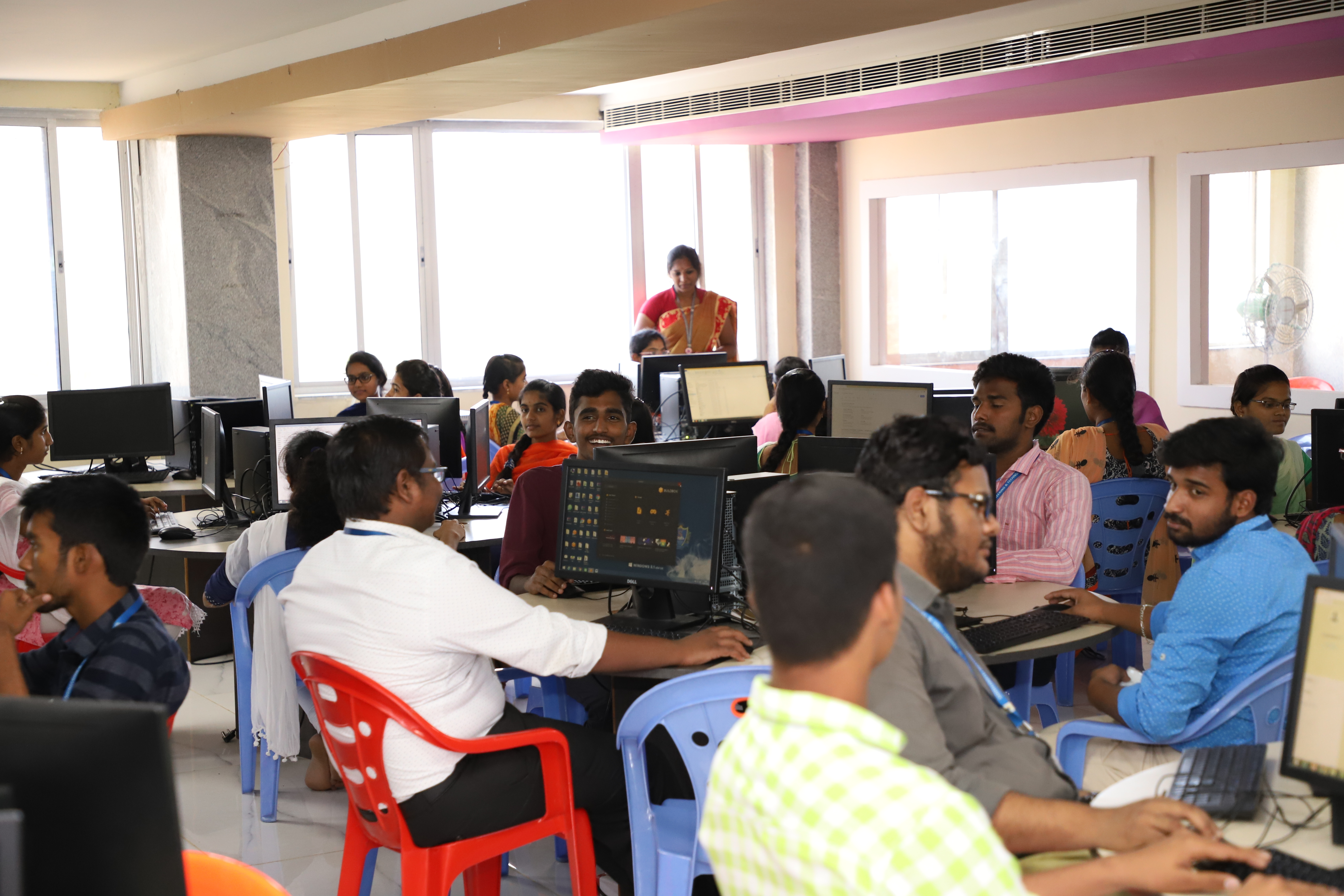
The objective of this lab is to train the students on PC Hardware, Internet and Productivity tools including Word, Excel, Power Point and Publisher. PC Hardware introduces the students to a personal computer and its basic peripherals, installation of system software like MS Windows, Linux and the required device drivers.
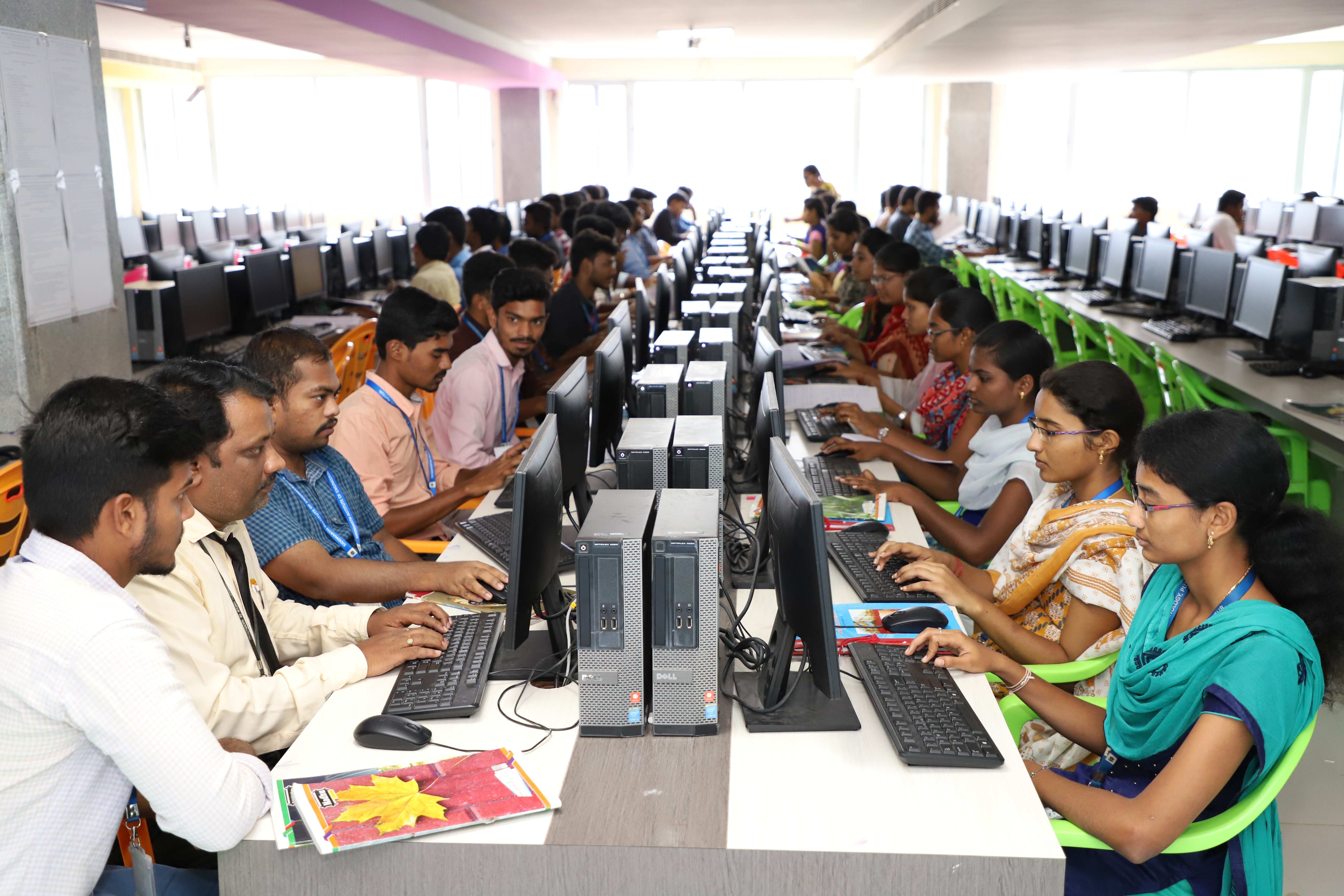
The objective of this lab is to provide training to students in implementations of Compiler Design & Operating system concepts. This lab also facilitates the students to get trained in Unix Operating system, Shell programming and Networking concepts.
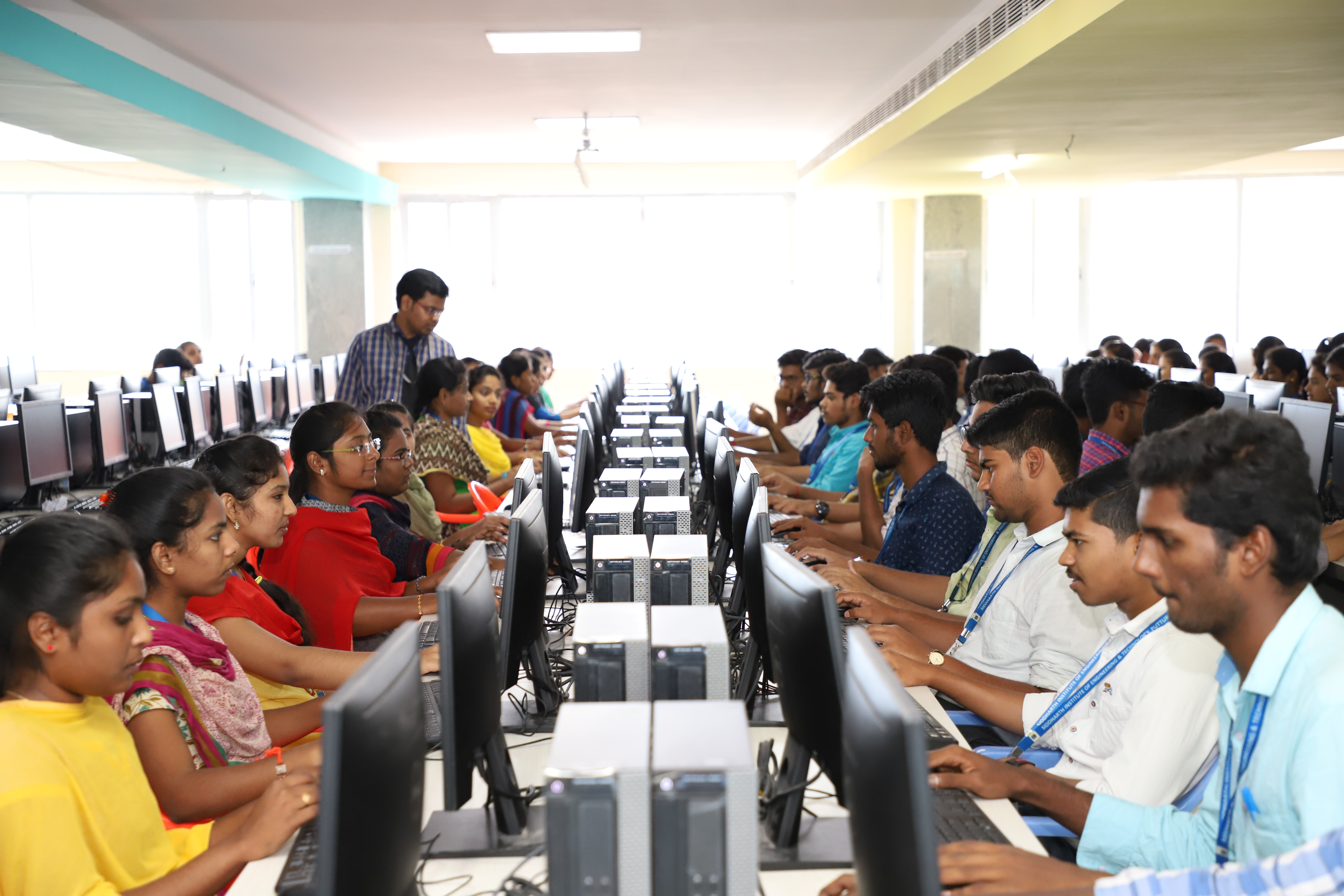
The objective of this lab is to provide a strong formal foundation in database concepts and practice with the technologies Oracle and MYSQL.
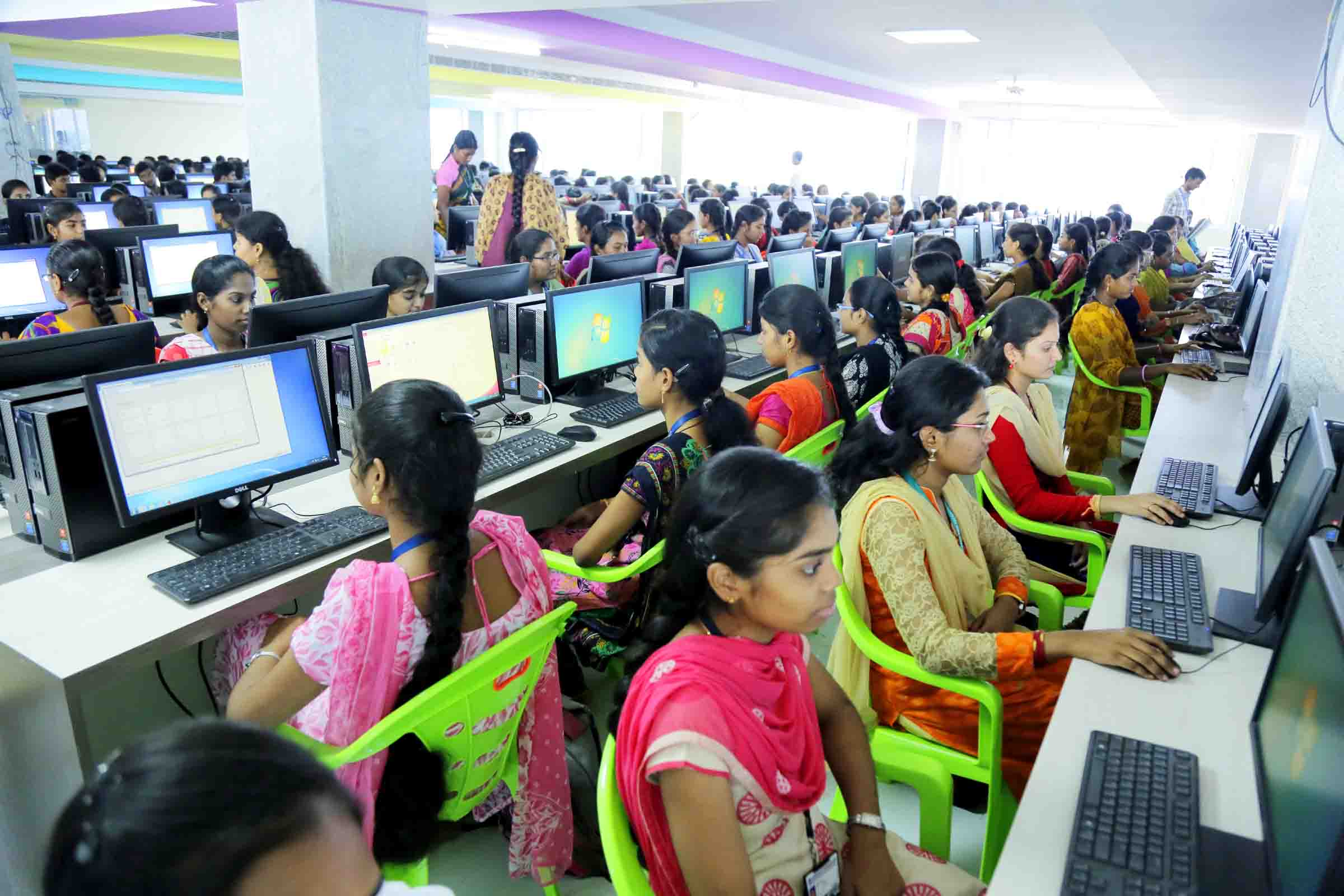
The objective of this lab is to train students with JSP, Java Script, and JDBC. In this lab, students can design and implement various Web Applications.
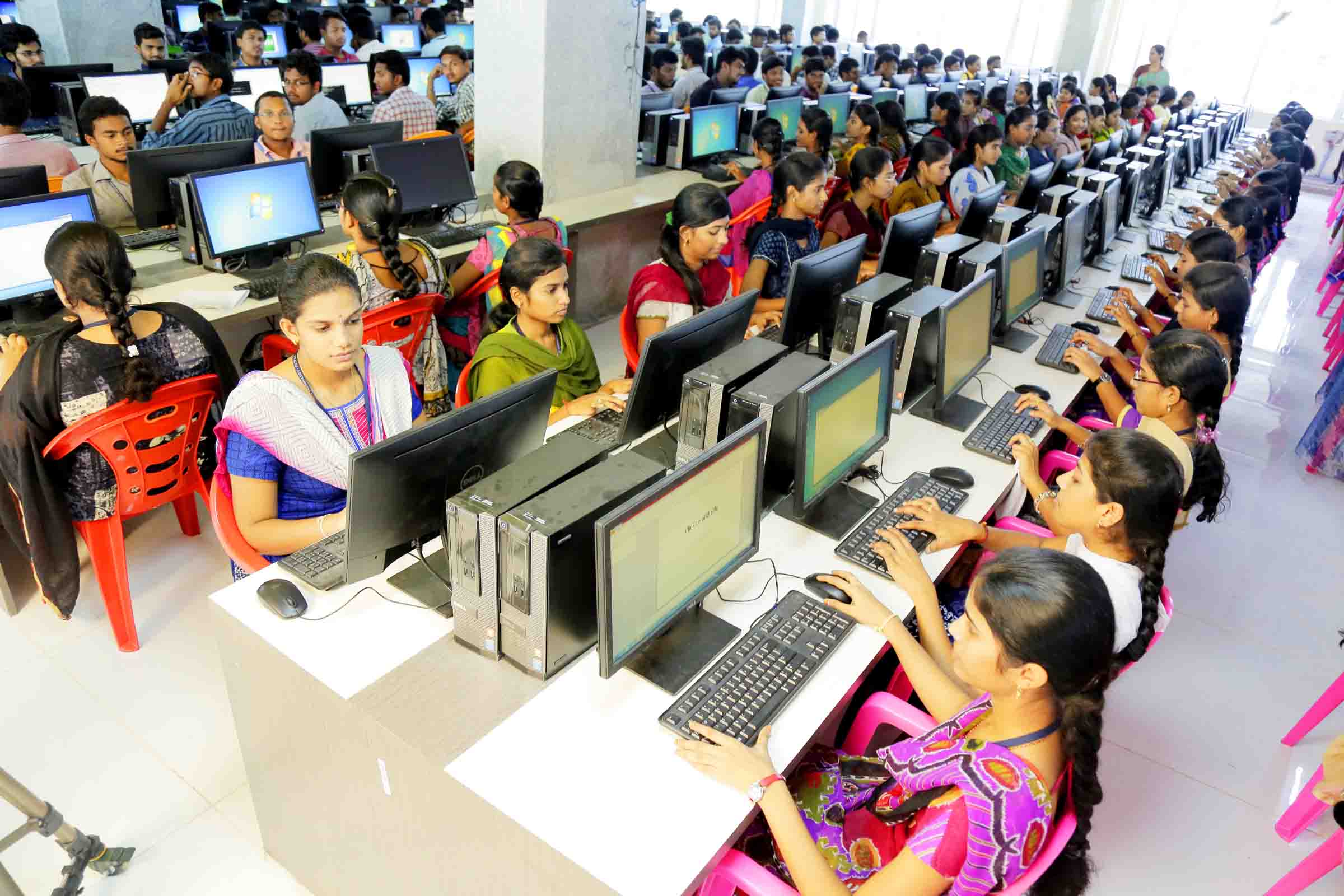
The Objective of this lab is to facilitate the students with J2ME and Android. In this lab, students can design and implement various Mobile Applications.
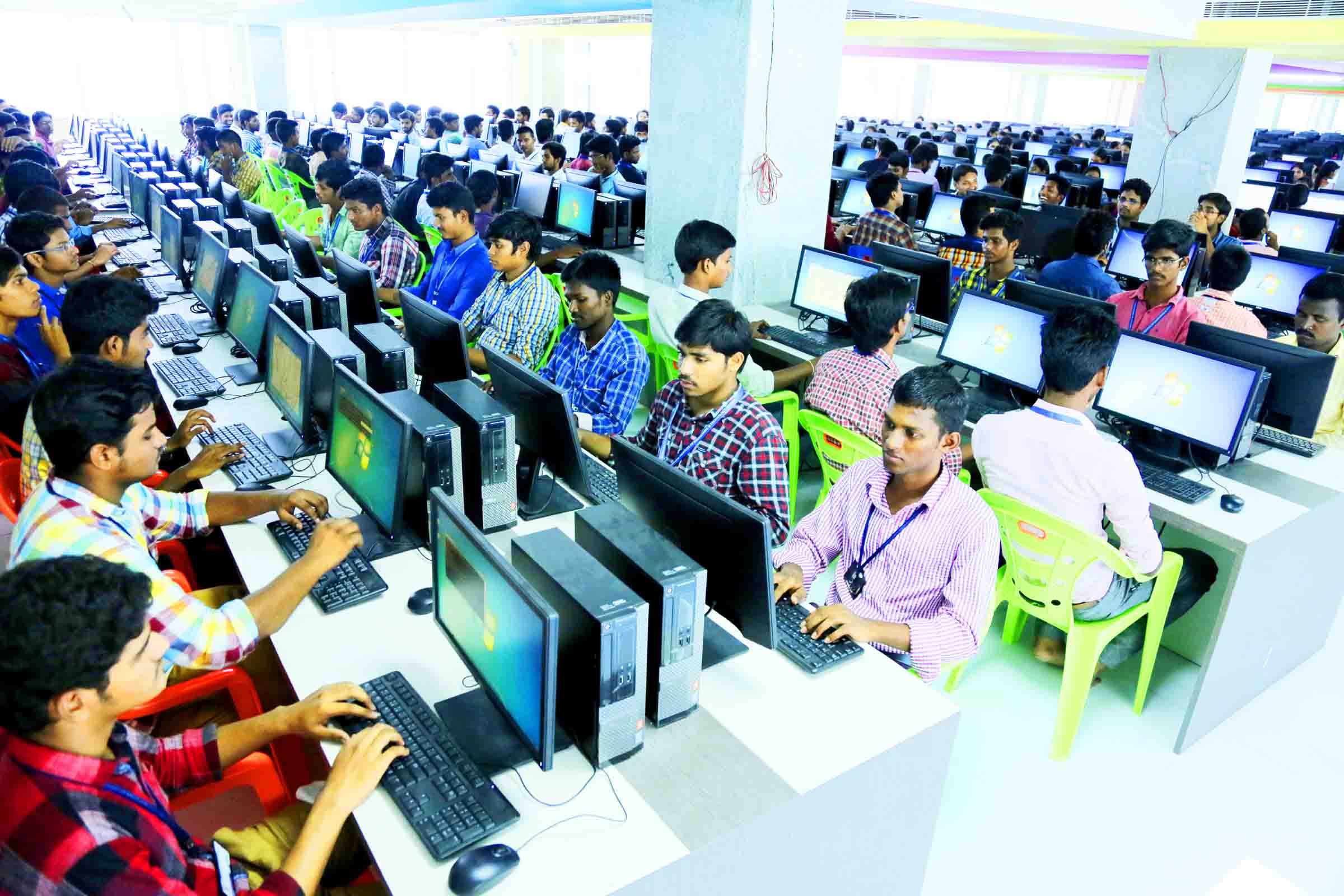
In this lab students will be trained on Data Structures and Advanced Data structures.